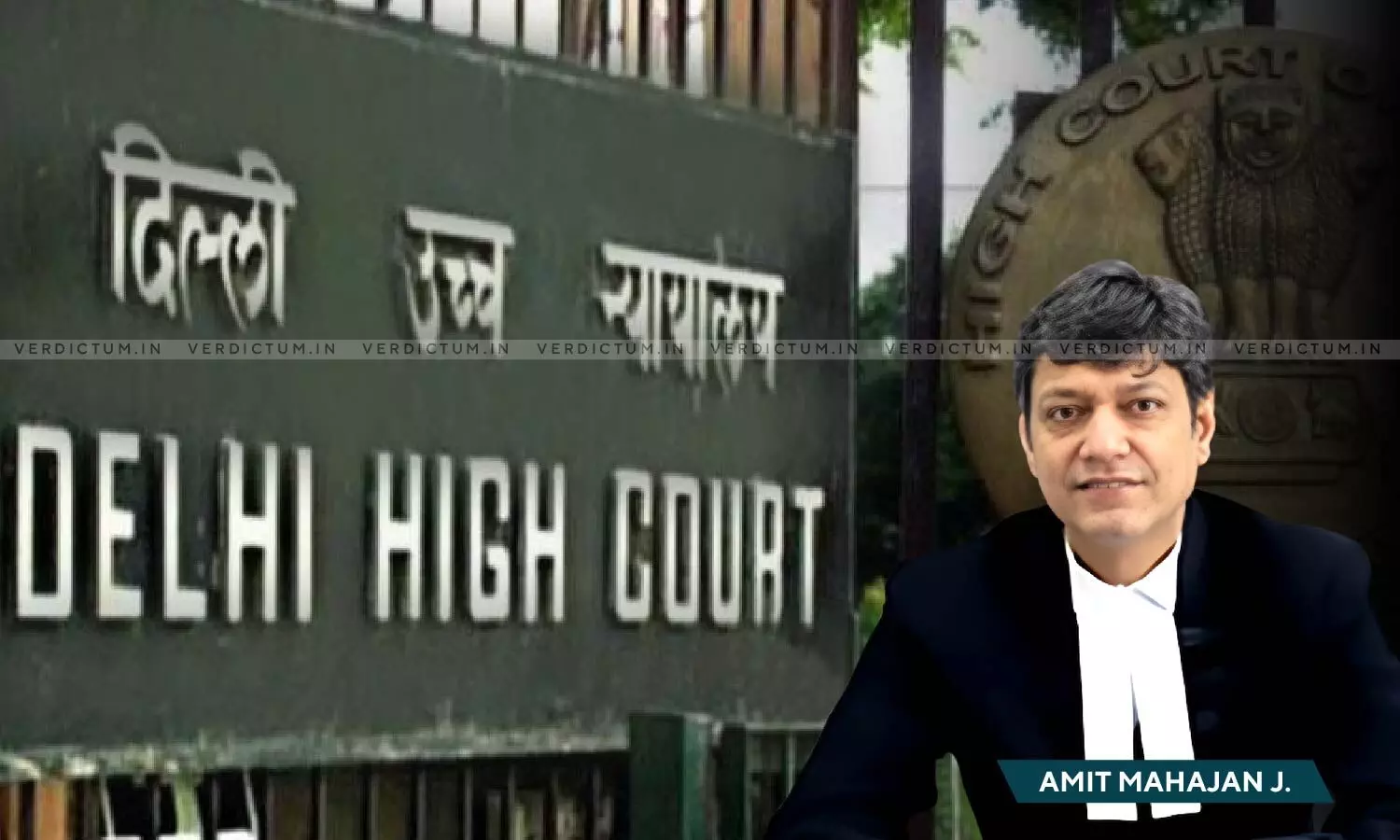
Mere Status As Elderly Woman Or Infirm Not Enough: Delhi HC Denies Anticipatory To Mother-In-Law In Dowry Death Case
 |
|The Delhi High Court ruled that the leniency typically afforded to women, elderly, or infirm individuals does not automatically apply to anticipatory bail applications.
In this case, the petition was filed by the mother-in-law of the deceased woman, following an FIR lodged in June by the victim's mother. The FIR charged several individuals, including the petitioner, under Sections 498A (cruelty in connection with dowry demands) and 304B (dowry death) of the Indian Penal Code (IPC). The victim's mother accused the family of harassing her daughter for dowry, contributing to her tragic death.
Previously, in July, a similar anticipatory bail application from the victim's father-in-law was rejected by the High Court, a decision later upheld by the Supreme Court. The mother-in-law contended that her age and health issues, including severe arthritis, should qualify her for bail. She also referenced the granting of anticipatory bail to her sister-in-law and brother-in-law; however, the Court clarified that such bail cannot be granted routinely or as a matter of course.
A Bench of Justice Amit Mahajan emphasized that such considerations do not automatically apply to anticipatory bail requests. The Court said, “Even otherwise, the protection under Section 437 of the CrPC is not absolute and is subject to the nature and gravity of the offence. In this case, where the applicant is alleged to be directly involved in the incessant demands of dowry and harassment of the deceased, the mere fact of being an elderly woman or infirm does not automatically entitle her to pre-arrest bail.”
Advocate Anil Goel appeared for the Petitioner and Additional Public Prosecutor Ajay Vikram Singh appeared for the Respondent.
The Court highlighted that allegations must be assessed based on the specifics of the case, underscoring that the seriousness of the crime outweighs any personal circumstances under Section 437 of the CrPC. This provision allows courts to grant bail to certain individuals, including women and the sick or infirm, even in cases involving serious offenses like those punishable by death or life imprisonment.
The Court pointed out that the mother-in-law's role in the case was akin to that of her husband, whose request for pre-arrest bail had already been dismissed by the Supreme Court. The Court said, “This Court, while dismissing the bail application of the applicant's husband, who is a co-accused in the present case, observed that the victim died under unnatural circumstances within three years of her marriage to the applicant’s son. This fact raises a statutory presumption under Section 113B of the Indian Evidence Act, 1872. Furthermore, the applicant has been specifically accused of harassing the deceased soon after her marriage, allegedly in connection with dowry demands, which eventually led to her tragic death.”
Ultimately, the Court found that the petitioner failed to establish a prima facie case for the grant of anticipatory bail and rejected her application.
Cause Title: Sushma v. State NCT of Delhi, [2024:DHC:7505]
Appearance:
Petitioner: Advocates Anil Goel, Chanchal Sharma, and Aditya Goel